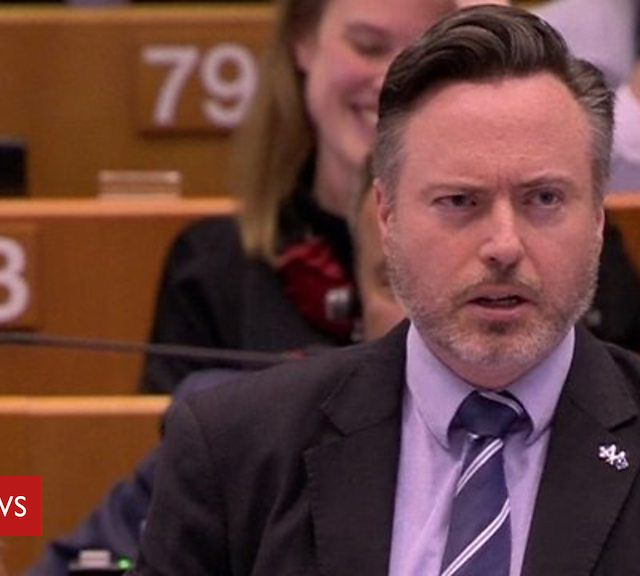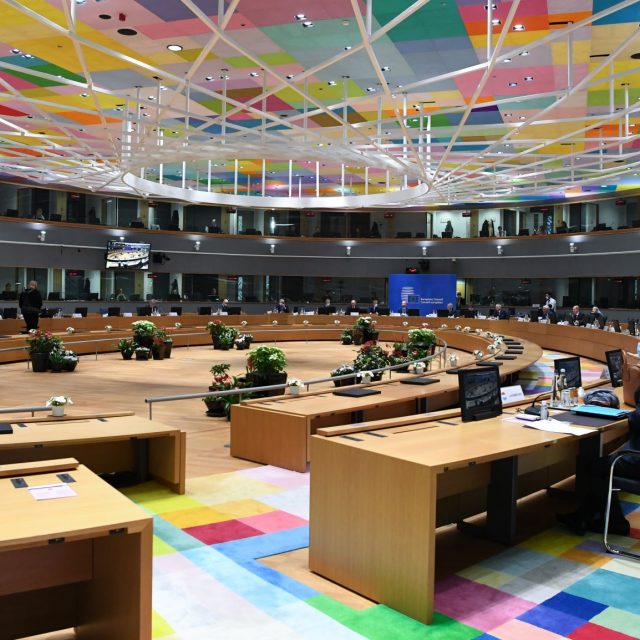The EU Regulations clarifying the rules applicable to property regimes for international married couples or registered partnerships apply as of this week.
The regulations establish clear rules in cases of divorce or death and bring an end to parallel and possibly conflicting proceedings in various Member States, for instance on property or bank accounts.
In short, it will bring more legal clarity for international couples.
Speaking in Brussels on Tuesday, First Vice-President Timmermans said: “The entry into application of these regulations is good news for the growing number of international couples in Europe. This is about giving certainty to thousands of European couples about what happens to their property if they divorce or one of them dies. I am confident that these regulations will help many European couples manage such difficult times.”
His comments were endorsed by Vera Jourová, EU Justice Commissioner who said: “These new rules will make it easier and cheaper to divide joint assets and provide some relief to people in difficult circumstances. More than 16 million international couples will benefit from clear procedures in case of divorce or death of a partner. They will be able to save around €350 million each year in legal costs. I encourage the remaining Member States to join the enhanced cooperation for the sake of all international couples across the EU.”
As it was not possible to reach unanimity among all Member States, the rules will apply in 18 Member States: Austria, Belgium, Bulgaria, Croatia, Cyprus, Czechia, Finland, France, Germany, Greece, Italy, Luxembourg, Malta, the Netherlands, Portugal, Slovenia, Spain and Sweden.
The new regulations will:
- clarify which national court is competent to help couples manage their property or distribute it between them in case of divorce, separation or death;
- clarify which national law prevails in case the rules of several countries could potentially apply;
- facilitate the recognition and enforcement of a judgment given in one Member State on property matters in another Member State.
The 18 Member States that joined the enhanced cooperation make up 70% of the EU population and represent the majority of international couples who live in the European Union. Those Member States adopted the Regulations in June 2016 under enhanced cooperation. The remaining Member States can join both Regulations any time.
The non-participating Member States will continue applying their national law (including their rules on private international law) to cross-border situations relating to matrimonial property regimes and the property consequences of registered partnerships.
Enhanced cooperation allows a group of at least nine Member States to adopt measures if all 28 Member States fail to reach agreement. Other EU countries keep the right to join the enhanced cooperation when they want.
On 16 March 2011, the Commission adopted two proposals for regulations dealing with the property regimes of international couples: one for married couples and the other for registered partnerships.
These were intended to complement the framework of EU instruments for judicial cooperation in the area of family law. The proposals had to be adopted by unanimity in the Council. In December 2015, the Council concluded that it was not possible to reach unanimity among the 28 Member States.
17 Member States requested the Commission for enhanced cooperation between them in the area of the property regimes of international couples, including both marriages and registered partnerships. Cyprus joined the enhanced cooperation at a later stage.
In March 2016, the Commission tabled again the two proposals taking on board the political agreement reached in Council. On 24 June 2016 the Council adopted both Regulations.




